Parent and Carer Resources
Dedicated to making every child a proud reader, we want to ensure that parents, grandparents and carers have all the tools they need to help children see reading as a fun activity at home.
The information and tips on this page are taken from Help Your Child Love Reading by Farshore’s Consumer Insight Director, Alison David. The book contains advice on encouraging reading for every age group – from babies to teens.
Children have different needs at different ages, which is why we’ve compiled concrete tips and advice for you by age group. Explore the sections below to find the information you need.
Age 0 to 4
How to ignite a lifetime of reading for pleasure
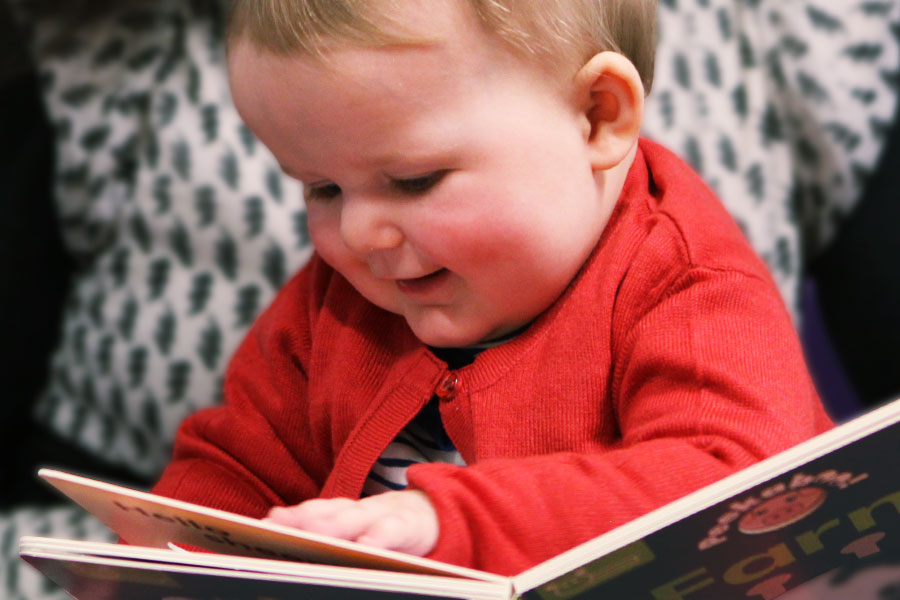
It’s never too early to start reading to children – even very young babies will benefit from the experience. They will enjoy being held and hearing your voice. At this stage it doesn’t actually matter what you read – you could even read your own book out loud to them!
As they grow, establishing a reading routine, hearing voices, singing nursery rhymes and associating looking at books with the comfort and security of being with a parent are the important things. Use every opportunity you can find to read to your child – when they are feeding, when they are in the bath and when they are being cuddled. Picture books, lift-the-flap and novelty books with different textures are all good types of books to introduce. Your child will associate reading with positive happy feelings and this is a great foundation for establishing their own reading habit.
How long should you read for?
For very young children, five to ten minutes is perhaps all their attention span can cope with. As your child gets older and bedtime becomes much more regular, spend as much time as you can spare.
Reinforce the magic of story
Take the opportunity to reinforce the fun and enjoyment of reading by choosing a character and then substituting your child’s name. Try to bring stories to life in the real world – for example, if you read Mr Wolf’s Pancakes by Jan Fearnley, make pancakes afterwards and talk about the book.
Tips for reading to your pre-schooler
Age 5 to 7
How to manage the transition to school
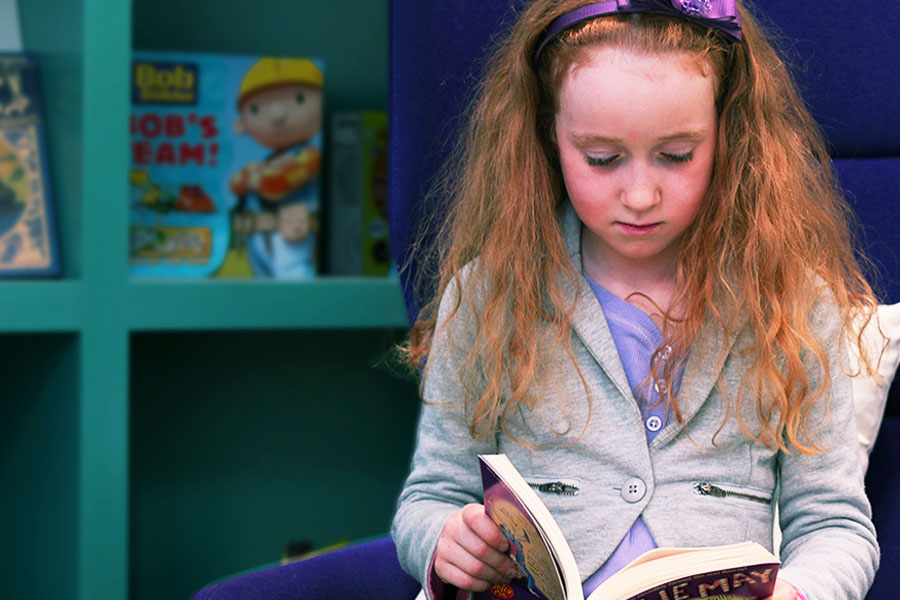
‘It is so important that the reading routine established before children start school continues long after. We know for sure that children who are read to after the age of five read for pleasure more often themselves and do better at school in lots of subjects, not just English, all the way through primary and secondary school.’
David Reedy, Literacy Expert
This is such an exhilarating time: your child is starting school and will soon learn how to read. Most children find learning to read exciting, and parents are thrilled by their child’s progress. Lots of children pass through the transition from listener to reader painlessly, learning bit by bit and enjoying the journey. But for others it’s not so much fun. They may find it hard and confidence-sapping. For a few, the process can turn them off reading altogether.
How to Read
At school, the teachers are helping your child to learn the skill of reading. At home your role is to encourage your child to love reading. You can do this by keeping to your reading routine and making it as much fun as you can! The goal is for your child to really look forward to your reading time together.
The Right Environment
Children’s lives are full of hustle and bustle: getting ready for school, arriving home tired and often wired, friends coming to tea, play dates, afterschool clubs. At home, there are phones, tablets and other gaming devices at their fingertips. If you want your child to read, they need quiet time where they can concentrate and immerse themselves in a story. A regular bedtime routine is an easy way to achieve this.
Tips for reading to help build a love of reading
Farshore’s Consumer Insight Director Alison David explains the importance of reading to children aged 5 to 7.
This is when children are starting to learn how to read at school so it’s a pivotal age! Be aware that kids could start to view reading as homework or a chore.
Age 8 to 11
When you child becomes a reader
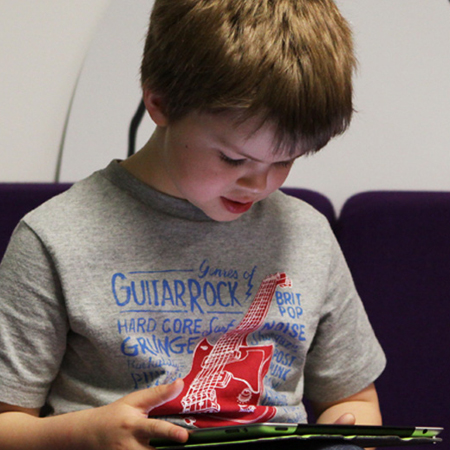
At this age, most children have mastered the mechanics so can read quite well and independently access stories, books and magazines appropriate to their ability.
In a way, this is another beginning. The ability to read is the foundation on which to develop a real love of reading and to become a reader – someone who chooses to read for pleasure.
Keep the Routine Going
If your child has yet to really establish a reading habit of their own, continue encouraging them, keep the distractions at a distance and create a quiet time and space for reading.
Encourage Independent Reading
Many children can be reluctant to take the step to becoming independent. Even when they are able to read alone it can be daunting. One strategy that really works to encourage independent reading is to take advantage of the fact that children often want to stay up late. Try saying, ‘It’s time to turn the lights out and settle down, but if you want ten more minutes before we do that, you can read.’
Tips to keep reading fun
It’s important to keep reading to children aged 8 and over. Consumer Insight Director Alison David explains why.
Even when your children are able to read on their own, there are still lots of benefits to continuing to read to them
Age 12 and up: When other interests take over
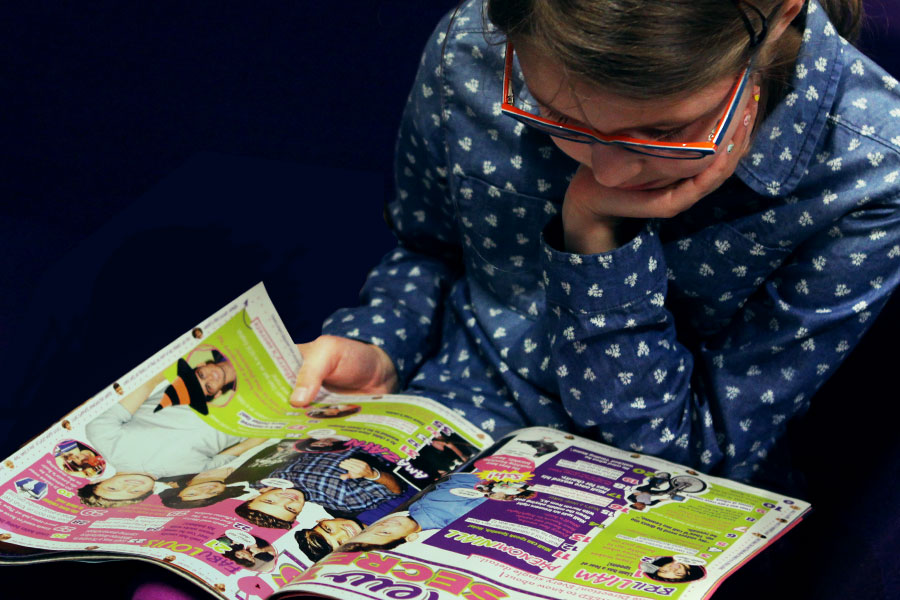
‘Keeping reading going is just as important in the teenage years as at any other time. Parents/carers just have to be more subtle about their input, in order to encourage talk around, and enjoyment in, reading, while making it not look like they are demanding it should be done.’
David Reedy, literacy expert
Tips to keep teenagers engaged
Reading in School
Balancing learning the skills to read with reading for pleasure
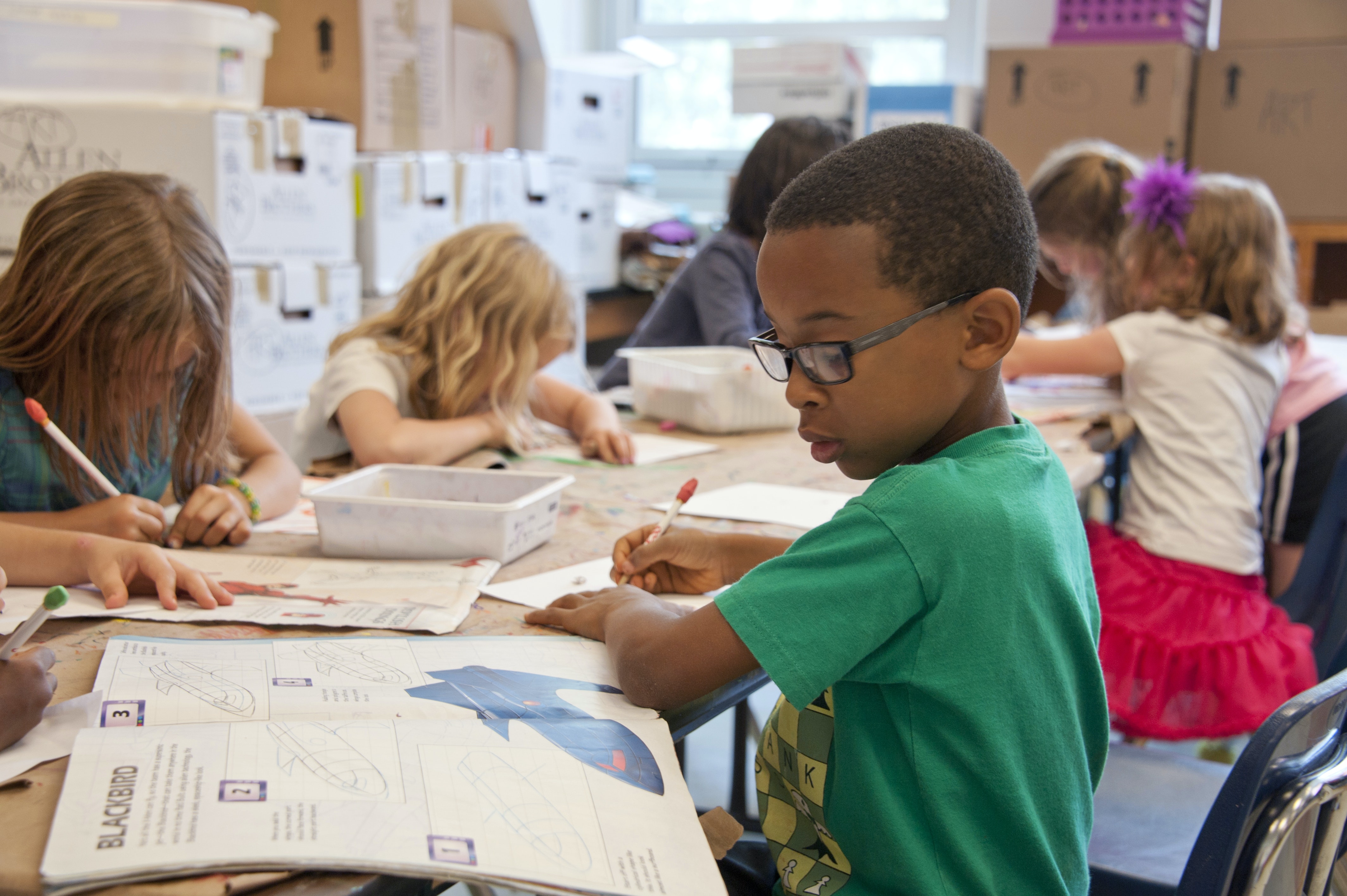
Learning to read at school can be difficult for some children, and many don’t like doing their reading practice at home! They can quite easily experience reading as work and not fun. Reading homework needs to be completed, but to enthuse and motivate your child there is something truly transformative that you can do at home – continue reading aloud to them, just for the pleasure of it, throughout primary school and ideally well into their teenage years.
This is because reading aloud to a child is the most effective way to encourage them to read independently, and because by giving your time and attention and enabling your child to experience the deep pleasure of being read to, you are showing them reading is a joy and something desirable to do. Even if your child chooses to read for pleasure right now, research shows that as children get older they become less keen on reading, they read more infrequently or even stop. So the longer you continue to read to them, the better. You will be embedding the habit.
In school, more positive attitudes to reading could be brought about if children were read to every day, just for fun. We tested this at a school in Stoke on Trent during our Stories & Choices study, and found experiencing storytime made children much more positive and motivated to read independently. Their reading comprehension improved at twice the expected rate, too!
We want to get the curriculum changed so that storytime happens every day for every primary school child, to make it as unquestionable as having a lunch break. We believe it’s every child’s right to be read to every day. If you think this is important, please sign our petition and add your voice.
Parent Testimonials
Our research, in collaboration with mumsnet, explores the impact of really focusing on reading for 6 weeks during lockdown. We were interested to find out how children’s motivation and enthusiasm to read independently, their attainment and their well-being would be affected by the experience.